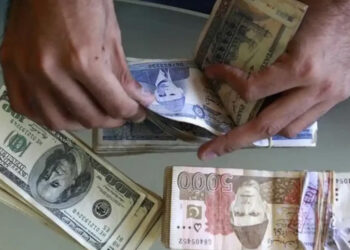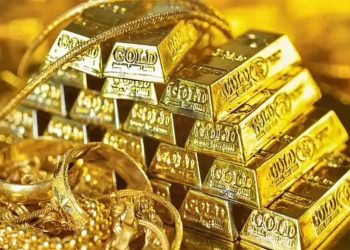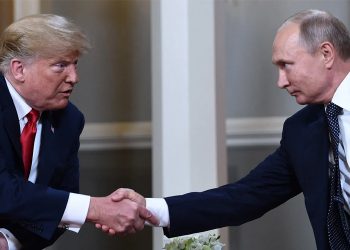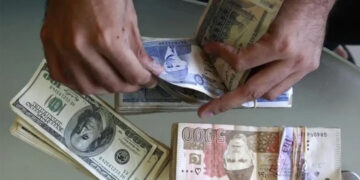The allegations of misuse of the Toshakhana against former prime minister Imran Khan took an unusual turn when newly-elected Prime Minister Shehbaz Sharif claimed that his predecessor sold expensive gifts received from foreign states, including a wristwatch and diamond jewelry, in Dubai.
The prime minister’s claim was endorsed by former information and broadcasting minister Fawad Chaudhry, who said in a statement that “selling one’s own assets (after purchasing them from Toshakhana) is not a crime”. The Pakistan Tehreek-i-Insaf (PTI) has been avoiding sharing the details of gifts received by Mr Khan from foreign heads of state, and deposited with the Toshakhana.
Toshakhana is an official department under the administrative control of the cabinet division, which was established in 1974, to store precious gifts given to our rulers, parliamentarians, bureaucrats and other government officials by other heads of governments, foreign dignitaries, etc, whether as goodwill gestures or simple routine matters on official tours.
Under the rules, it is mandatory that gifts of a certain value are deposited in Toshakhana. However, an official is also allowed to keep these gifts provided after he pays a certain percentage of the price assessed by the Toshakhana evaluation committee.
Those interested to retain the gift can do so by paying a certain amount of the value which was 20 percent at the time Imran Khan had retained the gifts. The rules were revised in December 2018 that required the payment of 50 percent to retain these gifts. The ones which are not retained remain deposited with the treasury or can be auctioned and the money acquired through the sale is transferred to the public exchequer.
As per media reports, Imran Khan received 58 gifts of more than Rs140 million from the world leaders during his three-and-a-half-year stint and retained all of them either by paying a negligible amount or even without any payment. The most expensive among them were sold in Dubai. Imran Khan paid Rs38 million for the gifts valued at Rs140 million and other gifts worth Rs800,200 were retained without making any payment.
One fails to understand the government’s insistence on keeping this information outside the public domain. The way the Toshakhana department is being run only encourages corruption and misuse of yet another official facility. Clearly, the option of letting officials keep the gifts they receive upon partial payments at rates calculated officially is not working out.
Such cases portray a bad image of the whole country, not of any individual, and new rulers and ambassadors face embarrassment in front of foreign leaders. It is important to take care of the country’s honor and dignity before targeting political opponents.


























